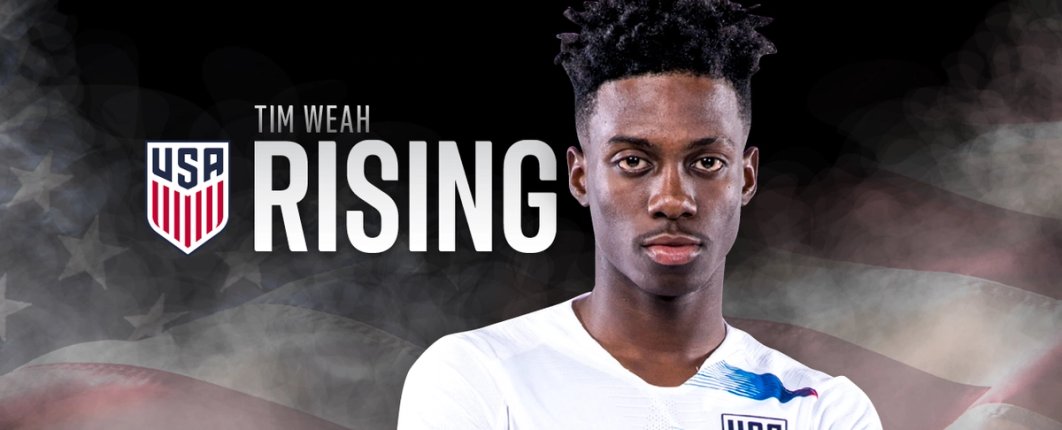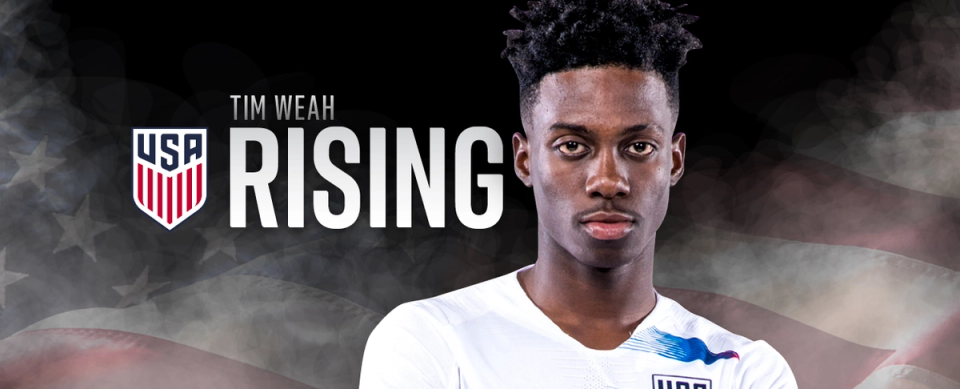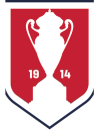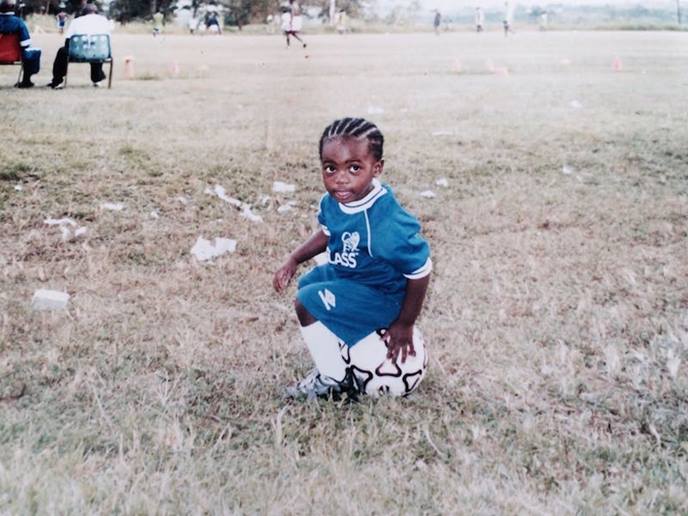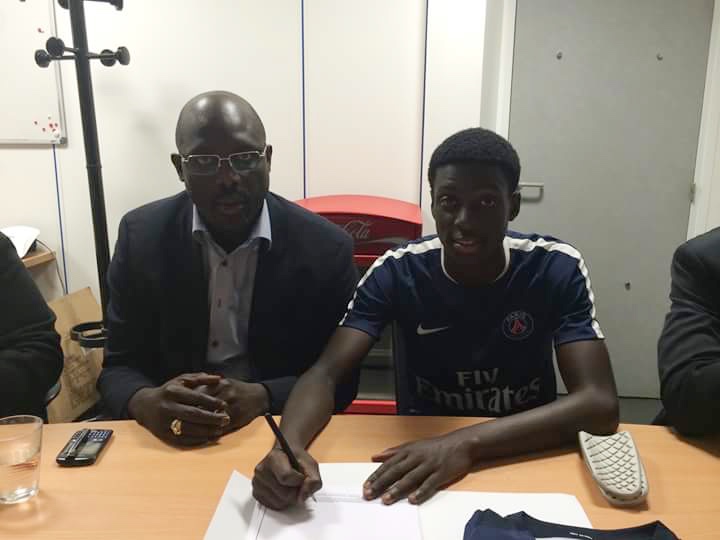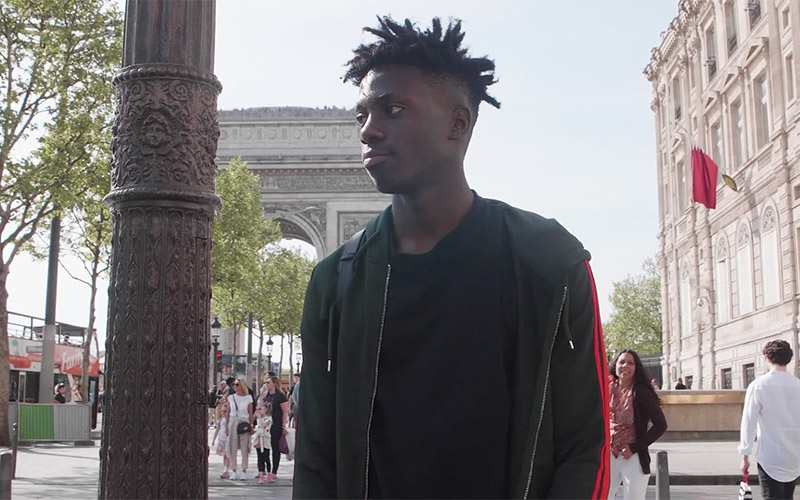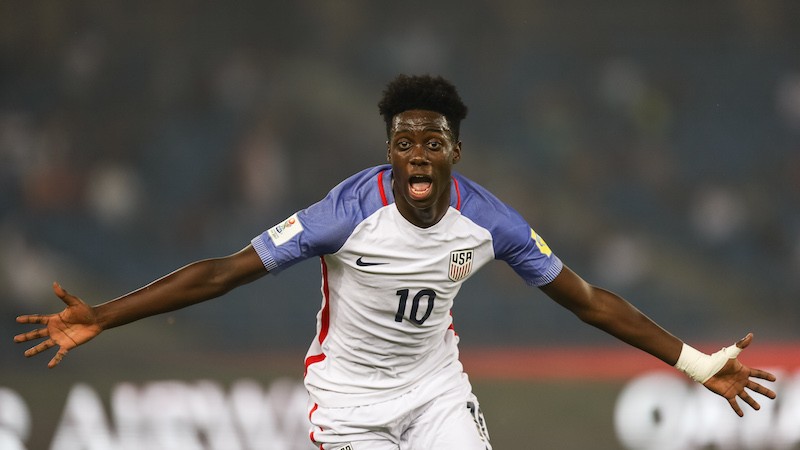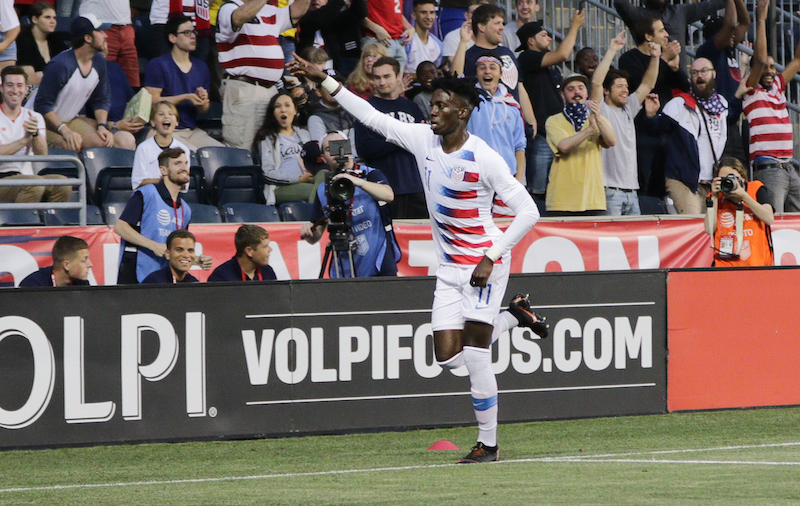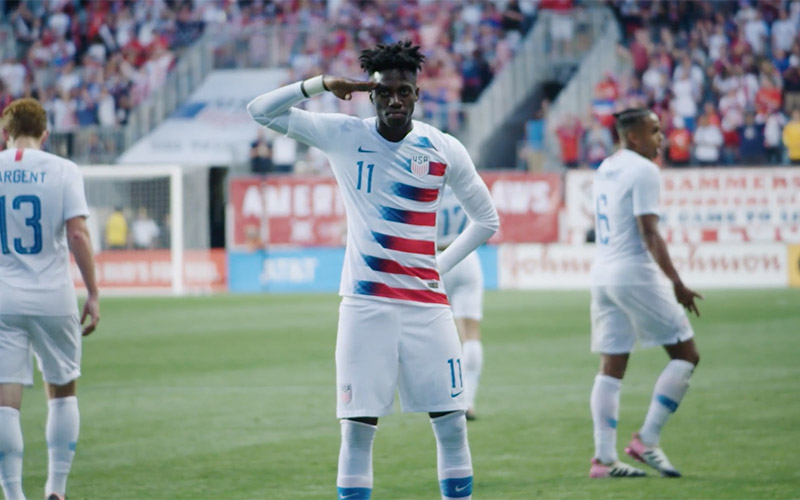RISING: Tim Weah
No one with a famous father starts with a blank slate. For a blossoming young player like Tim Weah, those instant reactions are magnified. His father, George, is the president of Liberia and the 1995 FIFA World Player of the Year. There is no escape from those intricate ties. And Tim Weah does not want to do so.